Description
IGF-1 LR3 is a modified form of Insulin-like Growth Factor 1 (IGF-1), which is a naturally occurring peptide hormone that plays a crucial role in growth, development, and muscle repair. The “LR3” in its name stands for Long Arg3, which refers to a specific modification in the amino acid sequence of IGF-1.
What is IGF-1 LR3?
- IGF-1 LR3 is a longer and more potent version of the natural IGF-1 peptide. It is engineered to have an extended half-life, making it more effective and stable in the body compared to the original IGF-1 hormone.
- The modification to IGF-1 involves the substitution of the 3rd arginine amino acid, which prolongs the half-life of the peptide and enhances its binding affinity to the IGF-1 receptor, leading to increased anabolic effects.
The Right and Most Common Name:
- The most common and proper name for this peptide is IGF-1 LR3 or Insulin-like Growth Factor-1 Long Arg3.
- Sometimes, it is simply referred to as IGF-1 Long or IGF-1 Long R3. However, IGF-1 LR3 is the most widely accepted and recognized name.
Mechanism of Action:
IGF-1 LR3 works by mimicking the action of IGF-1 in the body, promoting muscle growth and repair by binding to IGF-1 receptors on the surface of cells, especially muscle cells. It has several key functions:
- Stimulating Muscle Growth: IGF-1 LR3 significantly boosts muscle hypertrophy (growth) by increasing the uptake of amino acids and stimulating protein synthesis.
- Enhancing Cell Regeneration: It also promotes the growth of satellite cells (muscle stem cells) and aids in muscle recovery and repair, particularly after intense exercise.
- Improving Bone Density: IGF-1 LR3 may help improve bone mineral density and overall bone health by stimulating bone growth.
- Fat Loss: Some studies suggest that IGF-1 LR3 may have a role in fat loss, although its primary function is muscle growth and regeneration.
Uses of IGF-1 LR3:
- Bodybuilding and Performance Enhancement: IGF-1 LR3 is used primarily by athletes and bodybuilders to enhance muscle growth, increase strength, and accelerate recovery after workouts. It can help increase lean muscle mass while potentially reducing body fat.
- Injury Recovery: Due to its ability to stimulate cellular repair and tissue regeneration, IGF-1 LR3 may be used in the treatment of injuries, particularly those involving muscles, ligaments, and tendons.
- Anti-Aging and Regenerative Medicine: IGF-1 LR3 has been studied in the context of anti-aging and tissue regeneration, with the potential to enhance skin elasticity, improve muscle function, and delay some age-related changes.
Administration:
- IGF-1 LR3 is usually administered via subcutaneous injection (under the skin), typically in the abdomen or thigh area.
- The typical dosage ranges from 20-100 mcg per day, depending on the individual’s goals (muscle growth, fat loss, or injury recovery).
- IGF-1 LR3 is typically used in cycles, ranging from 4-6 weeks with breaks in between to prevent the body from developing tolerance.
Side Effects:
While IGF-1 LR3 can provide significant benefits, it also has potential side effects:
- Joint pain: One of the most common side effects, due to the rapid growth of tissues and muscles.
- Hypoglycemia (low blood sugar): Since IGF-1 works similarly to insulin, it can cause low blood sugar, especially if used in high doses.
- Water retention: Some users may experience swelling or fluid retention.
- Increased risk of cancer: Like other growth factors, IGF-1 LR3 can stimulate cell division, which may increase the risk of certain cancers if used improperly or excessively.
- Numbness or tingling: Some individuals report sensations of numbness or tingling after injections.
Conclusion:
IGF-1 LR3 is a synthetic peptide that is widely used for its ability to promote muscle growth, improve recovery, and enhance cell regeneration. Its modification (the Long Arg3) allows it to have an extended half-life and more potent effects compared to natural IGF-1. It is commonly used in bodybuilding and performance enhancement, although it should be used with caution due to the potential side effects and risks associated with its use. As with any peptide or performance-enhancing substance, it is recommended to consult a healthcare provider before use, especially if considering it for long-term or high-dose use.





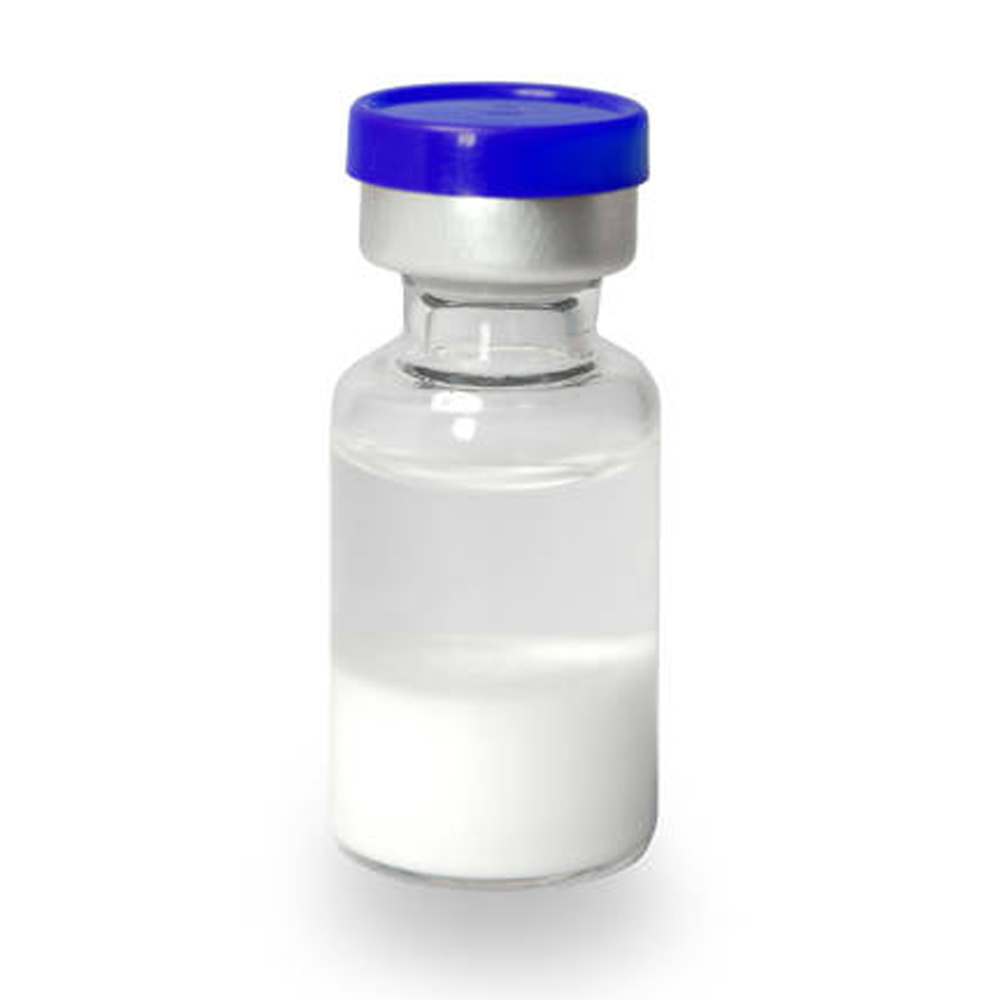
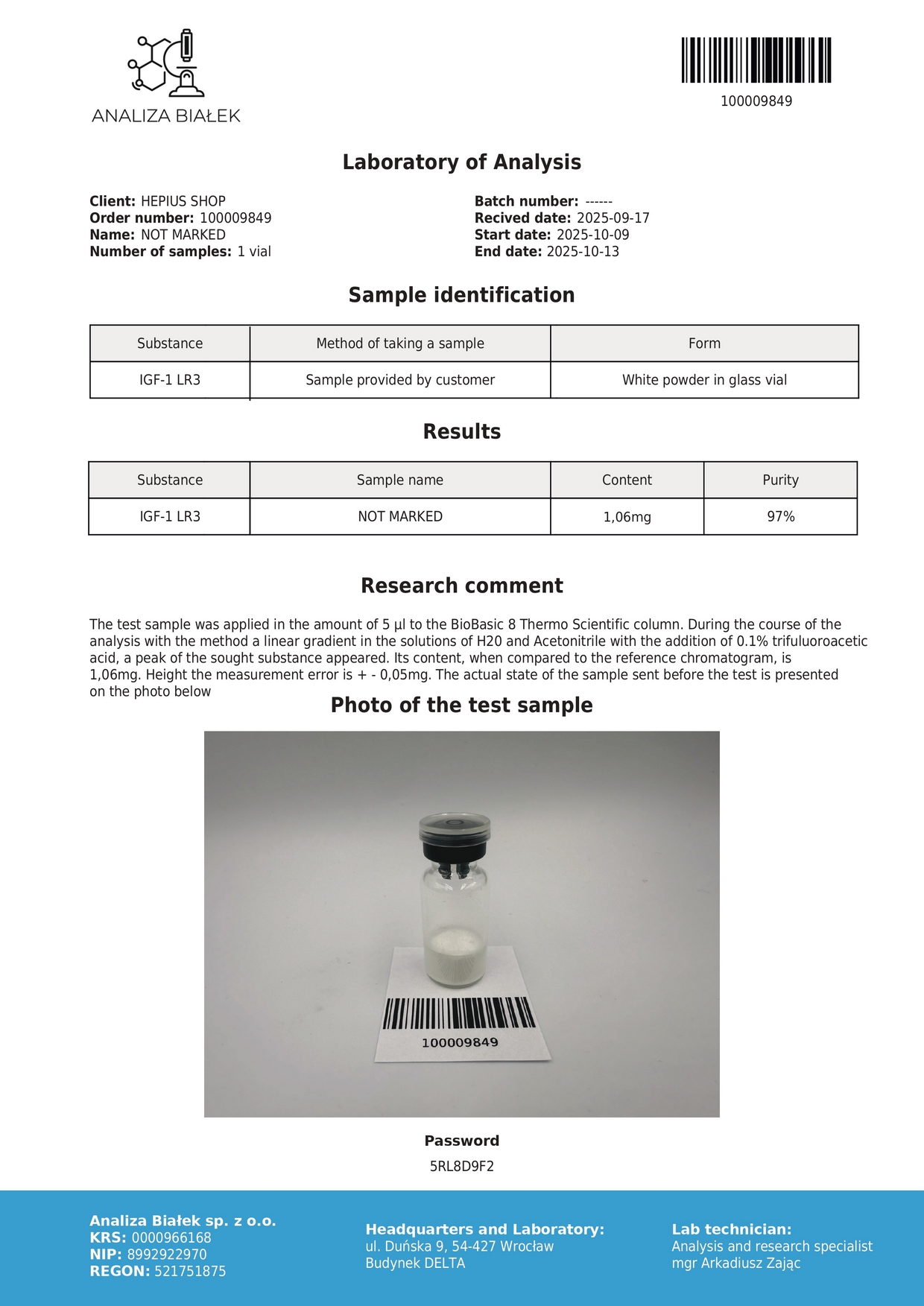
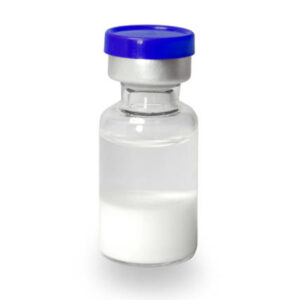
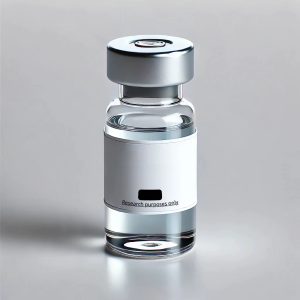

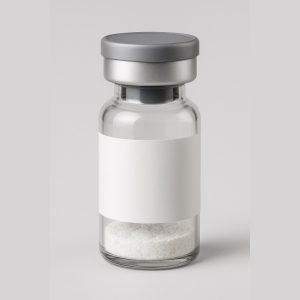
Reviews
There are no reviews yet.